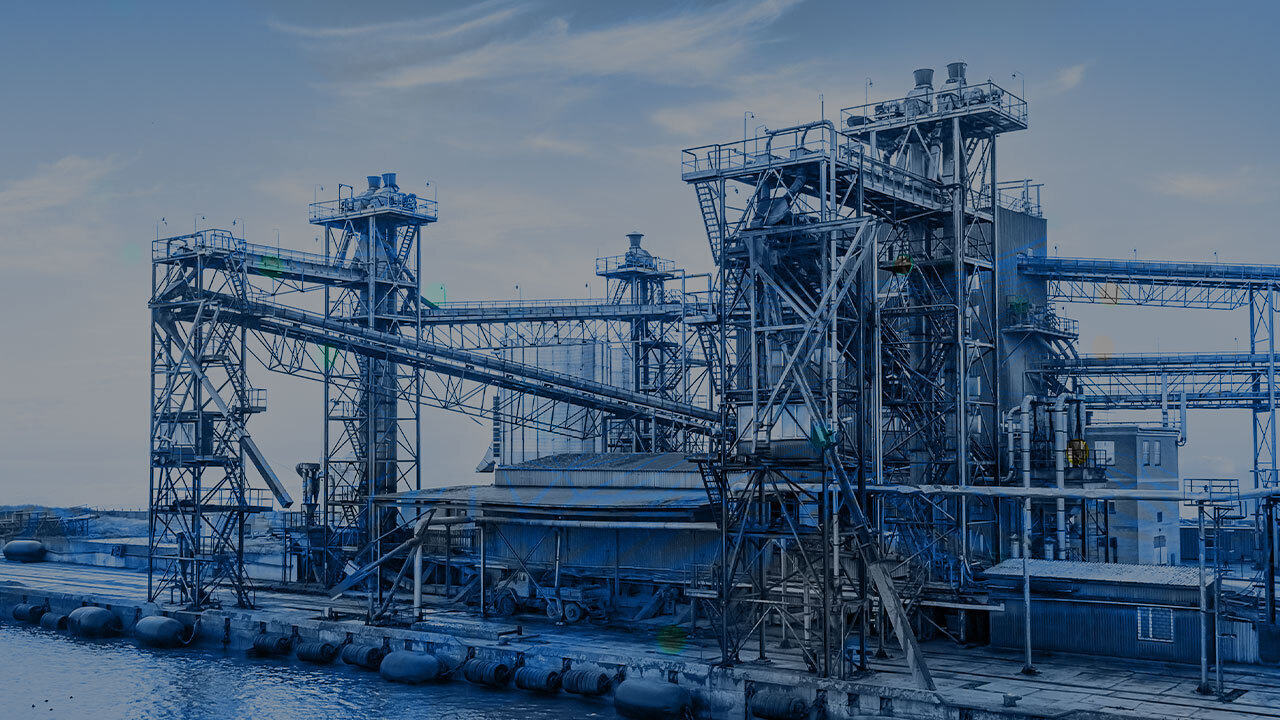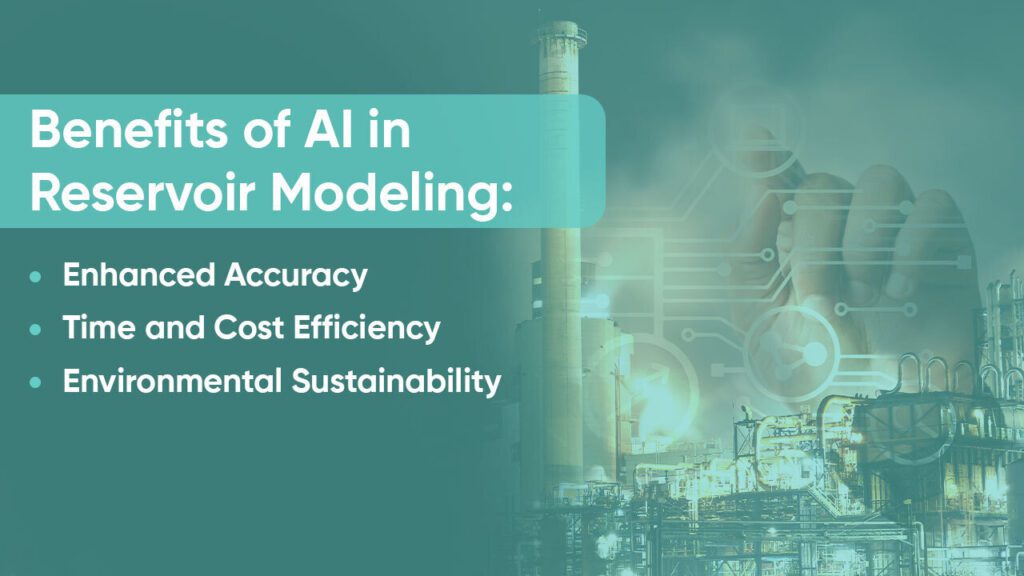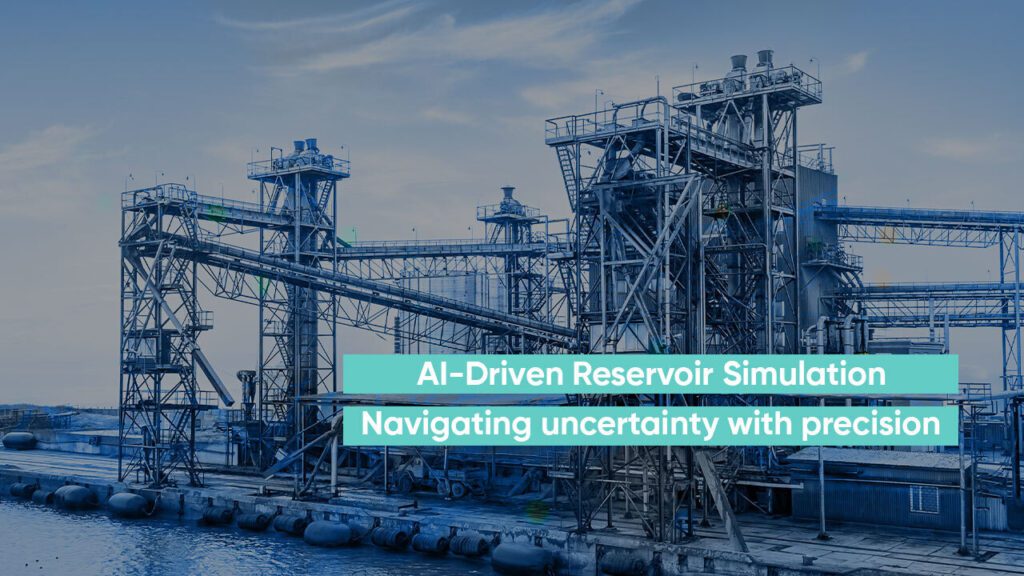FAQs
What is the role of Artificial Intelligence (AI) in reservoir modeling?
Artificial intelligence (AI) transforms reservoir modeling by using machine learning algorithms to examine a sizable amount of reservoir data, such as seismic data, well logs, production history, and geological information. AI makes it possible to predict reservoir behavior accurately by finding patterns and links within this data, which improves production forecasts and data-driven decision-making.
How do neural networks contribute to reservoir characterization?
Neural networks, a type of machine learning, are very successful in reservoir characterization. Engineers can develop sophisticated reservoir models from seismic data. This helps reservoir engineers understand subsurface structure, lithology, and fluid distribution, improving reservoir management.
What is the significance of AI-driven reservoir management?
AI-driven reservoir management optimizes production tactics in the oil industry. Engineers may maximize hydrocarbon recovery and reduce operational costs, resulting in increased efficiency and profitability, by employing AI-powered algorithms to monitor real-time production data, spot abnormalities, and recommend production adjustments.
How does reinforcement learning contribute to real-time decision-making in reservoir engineering?
Reinforcement learning is a branch of artificial intelligence that allows systems to make judgments in dynamic contexts. Reinforcement learning algorithms can instantly improve well control and production rates in reservoir engineering. This guarantees effective reservoir management for the course of the field’s life, resulting in increased performance and output.
How does AI help reduce uncertainties in reservoir simulation?
Gaussian Processes (GPs), an AI technique, are used to measure uncertainty in reservoir models. Even under ambiguous reservoir circumstances, reservoir engineers may provide more reliable production predictions and educated judgments by adding GPs. As a result, reservoir simulations are more accurate and reliable.
How is AI transforming the oil industry beyond reservoir modeling?
AI is revolutionizing the oil industry in a variety of ways that go beyond reservoir engineering. Oil exploration and drilling are now using AI-driven algorithms, which help to more accurately locate probable oil resources and lower exploration expenses. AI is also improving reservoir sweep, enhancing enhanced oil recovery (EOR) methods, and boosting oil displacement effectiveness.
What’s the future of AI in the oil industry?
AI is poised to become a fundamental component, continually evolving and driving innovations in the industry.


